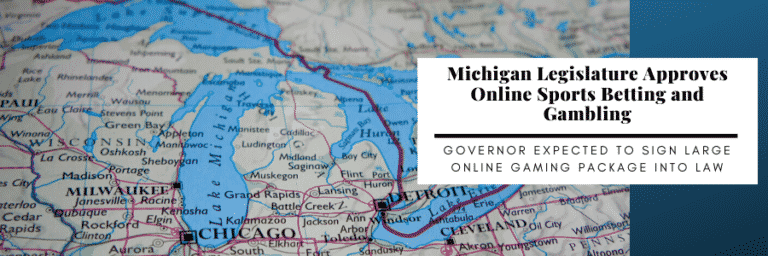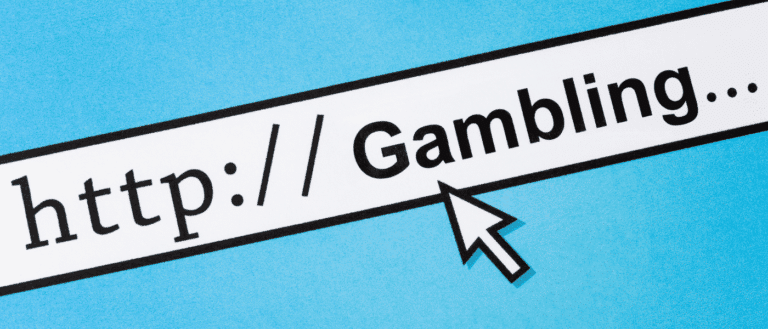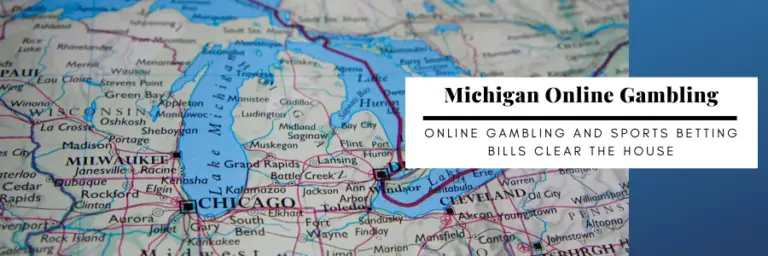Bars, Restaurants, Bowling Alleys, And Teams Want In On Sports Betting

Across the country, bars, restaurants, sports leagues, and even bowling alleys are asking to be cut into sports betting bills.
This week, the Ohio Senate Select Committee on Gaming hosted a hearing to discuss sports betting legislation. Attending the meeting were the usual suspects from the gaming industry, including DraftKings and JACK Entertainment representatives. However, also in attendance were representatives for sports leagues, including MLB’s Cincinnati Reds, and bowling associations.
These entities want to be part of sports betting operations and attended the meeting to shed light on why they should have a seat at the table. Testimony was provided by officials that highlighted how professional sports franchises and bowling alleys could support the industry.
Similar arguments are being made in other states (from Massachusetts to Arizona) as non-traditional gambling venues explore betting opportunities.
Leagues Want Access to Mobile and Retail Operations
During the hearing, the CFO of the Cincinnati Reds, Doug Healy, spoke for his team and all the professional sports teams in the state of Ohio. Healy stated that the teams want access to mobile and retail sports betting options.
, Healy said that the teams need to be involved in the industry as content creators in his testimony. They should share in the risk and the reward, just as casinos do. Healy pointed out that legislation from 2020 assumed that the gambling monopoly held by casinos would continue as sports betting expanded into the state because of the operators’ investment and job creation.
While the casinos have created jobs and invested in the state, Healy showed that sports teams also have. The Reds have driven commercial activity and provided growth to Ohio’s economy for more than 150 years. With legalized sports betting, it imposes a risk on baseball. Healy told the Committee that the team is willing to accept that risk if they can benefit from the market’s new revenues.
The Reds CFO also wants assurances that operators will use official league data to avoid any improprieties.
Don’t Forget the Bowling Alleys
When it comes to Ohio bowling alleys, the Bowling Centers Association sent executive vice president David Corey to the hearing. He requested that the committee allow lottery keno kiosks to offer sports betting services. These kiosks are already located in bowling alleys across the state.
As Sports Handle noted, in past discussions, lawmakers worried that gamblers would carry around large amounts of cash to use at these smaller establishments if they offered sports betting. Corey testified that this would not be an issue. Such instances will not happen because the state limits the size of bets that can be placed.
Overall, the bowling industry wants to offer services so that they can attract and retain customers. The option would allow the facilities to compete on a somewhat level playing field.
For now, the committee will meet every Wednesday to provide an opportunity for anyone to speak on the future of sports betting in the state.
Massachusetts Seeks Restaurant and Bar Sports Betting
In Massachusetts, a similar effort is being sought by bars and restaurants. Fair Play Massachusetts is a grassroots organization that has been trying since late 2019 to see small businesses given the opportunity to offer sports betting alongside keno operations.
The organization points out that including the bars and restaurants will create additional revenues and save jobs. The option would also create geographic fairness and significantly impact the black market connected to sports betting.
Just last month, Senator Adam Gomez and Representative Orlando Ramos filed a bill to allow sports betting in restaurants and bars. It would also legalize sports betting for professional sports stadiums and casinos.
The bill provides a 5% cut of revenues for bars and restaurants that offer sports betting services. The municipality where services are offered would also receive a percentage of revenues.
Sadonna brings creativity and knowledge to create quality gambling industry news coverage. The gambling landscape is constantly changing and Sadonna stays on top of the latest developments, good and bad. Sadonna plays a vital role at ycgts.shop in providing current updates with fully-researched news pieces.







